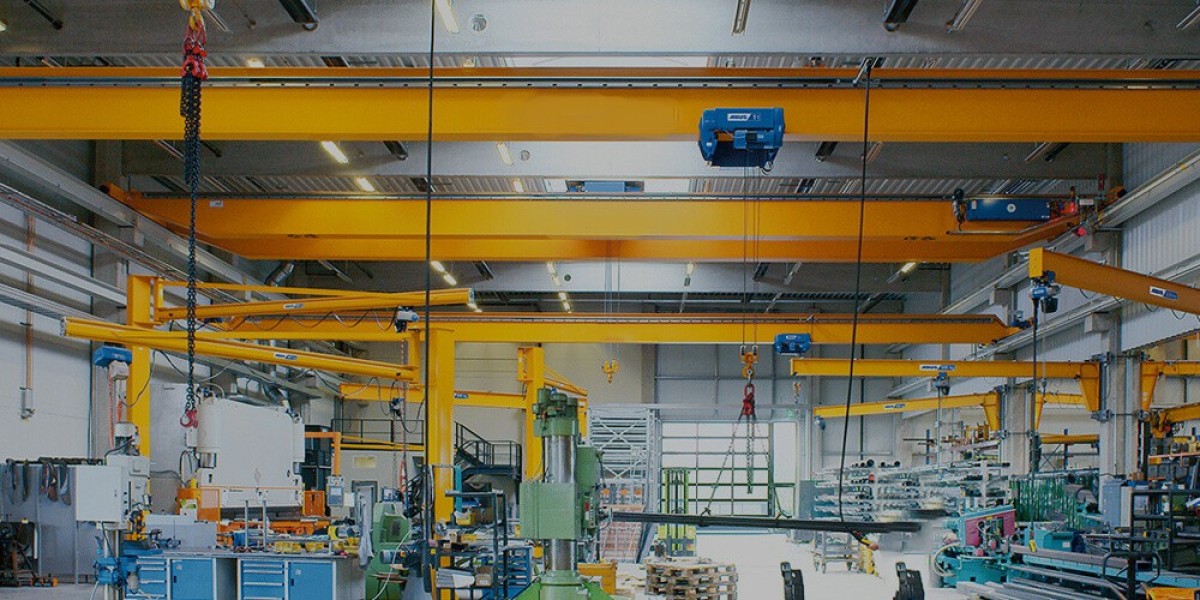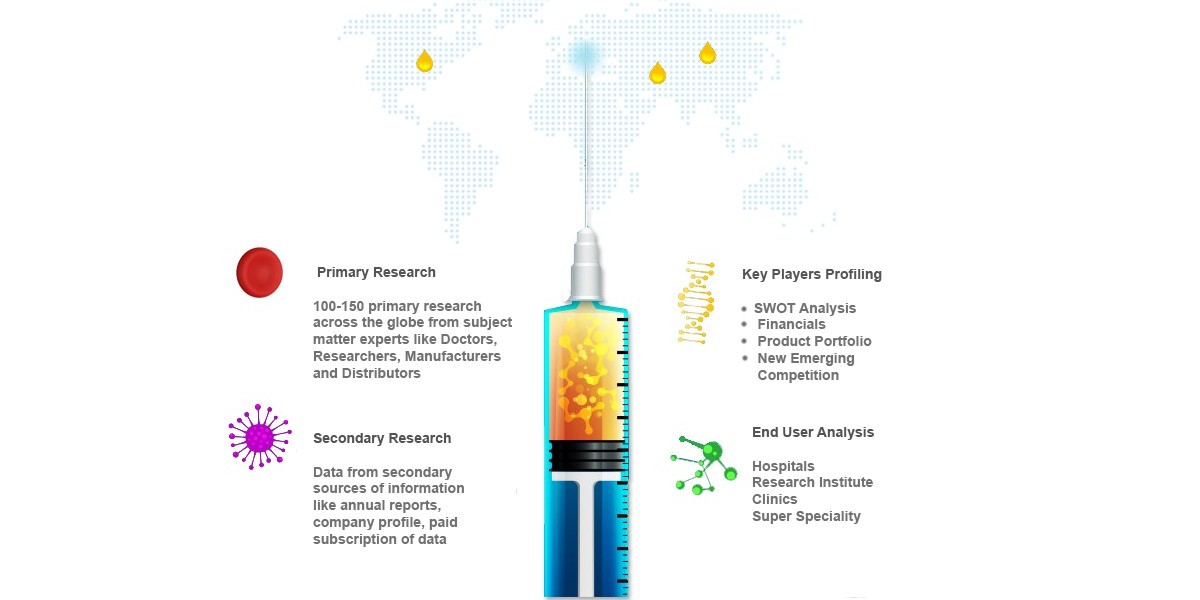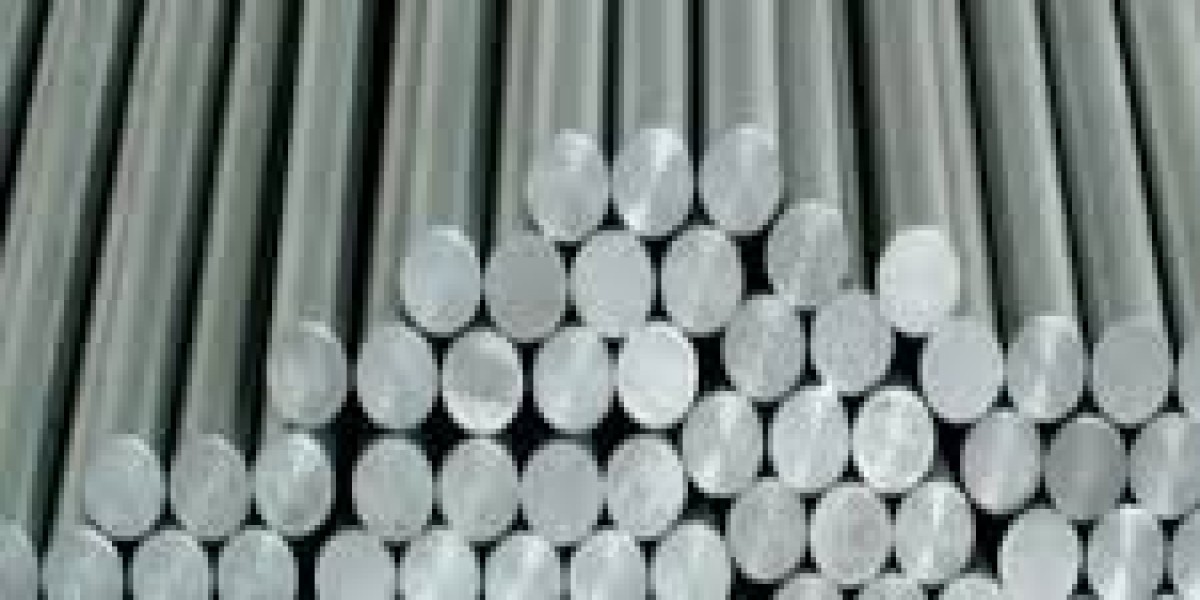In the fast-paced world of industrial operations, having equipment that meets your specific needs is crucial for maintaining efficiency and safety.
Why Tailored Crane Modifications Matter
Crane modifications are not one-size-fits-all solutions. Customizing your crane ensures that it operates optimally within your specific working environment. Here’s why tailored modifications are essential:
Customized Performance: Every business has unique operational demands. Tailoring your crane modifications ensures that your equipment performs at its best for your specific applications, whether it's handling different types of loads, working in challenging environments, or meeting particular production goals.
Enhanced Safety: Customized modifications can address specific safety concerns unique to your operation. By integrating features like load sensors, anti-collision systems, and advanced control mechanisms, we can enhance the safety of your crane, reducing the risk of accidents and ensuring compliance with safety regulations.
Increased Efficiency: Tailored modifications can significantly boost the efficiency of your crane operations. Whether it's upgrading the control systems for better precision, enhancing load handling capabilities, or improving operational speed, customized solutions can lead to increased productivity and reduced downtime.
Cost Savings: Investing in tailored modifications can be more cost-effective than purchasing new equipment. By addressing your specific needs and improving your existing crane, you can achieve enhanced performance and reliability without the substantial cost of buying new machinery.
Our Tailored Modification Services
At Universal Crane Solution, we offer a range of tailored modification services to meet your business needs:
Operational Customization: We work with you to understand your operational requirements and customize your crane to handle specific types of loads, reach different heights, or adapt to unique working conditions. This includes modifying the crane’s structure and load capacity to match your operational needs.
Control System Enhancements: Our team can upgrade your crane’s control systems to improve accuracy and control. We integrate advanced technologies such as programmable logic controllers (PLCs) and variable frequency drives (VFDs) to enhance performance and energy efficiency.
Safety System Upgrades: Tailoring safety features to your specific environment is crucial. We can install customized safety solutions such as collision avoidance systems, emergency stop functions, and load monitoring technologies to address your particular safety concerns.
Structural Modifications: If your crane needs to be adapted for new tasks or heavier loads, we offer structural modifications including beam reinforcement, extended reach, and enhanced load-bearing capabilities to ensure it meets your evolving requirements.
Electrical and Mechanical Customizations: We provide tailored electrical and mechanical enhancements, including motor upgrades, brake system improvements, and advanced wiring solutions. These modifications ensure your crane operates smoothly and reliably under your specific conditions.
Consultation and Planning: Our process begins with a thorough consultation to understand your needs. We work closely with you to design and plan modifications that align with your business goals and operational demands.
Why Choose Us for Tailored Modifications?
Universal Crane Solution is committed to delivering customized solutions that enhance the performance and safety of your cranes. Here’s why our tailored services stand out:
Expert Knowledge: Our team has extensive experience in crane modifications, enabling us to provide solutions that are both innovative and practical.
Quality and Precision: We use high-quality components and adhere to strict quality control standards to ensure that every modification meets your exact specifications and delivers reliable performance.
Client-Focused Approach: We prioritize your needs and work closely with you throughout the modification process to ensure that the final result aligns perfectly with your expectations.
Comprehensive Service: From initial consultation to implementation and ongoing support, we offer a full range of services to ensure your crane operates at its best.
Conclusion
Tailoring your crane modifications to suit your business needs is a strategic investment that can lead to enhanced performance, increased safety, and greater efficiency. At Universal Crane Solution, we are dedicated to providing customized solutions that address your specific requirements and help you achieve your operational goals. Contact us today to learn more about how our tailored crane modification services can benefit your business.








